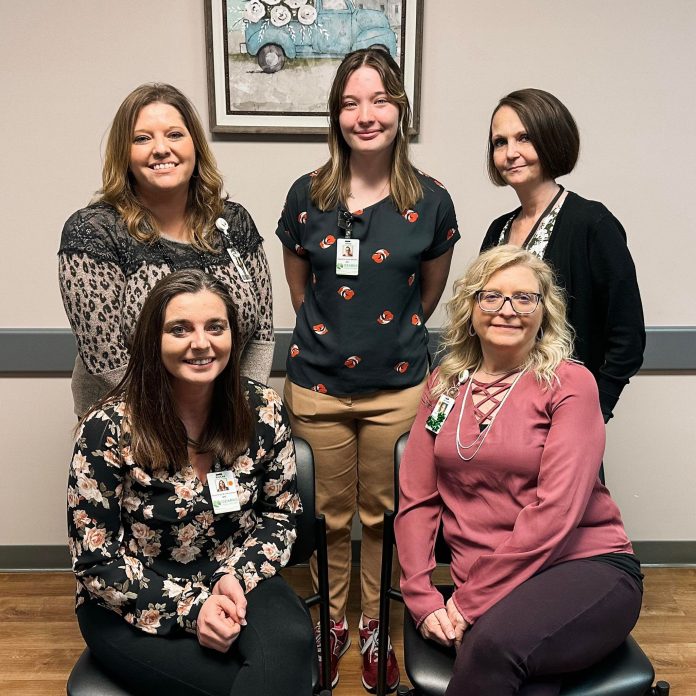West Plains, MO. – May is almost over now, which means this is also the end of national Mental Health Awareness Month. Mental health awareness is a serious issue in the world today, but is thankfully one that is growing to be slowly more understood.
If you or someone you know is in need of help in managing their own mental health, don’t forget that Ozarks Healthcare’s Behavioral Healthcare has ACI specialists who are there to help individuals in times of crisis.
Access Crisis Intervention (ACI); Crisis intervention services can vary in terms of cost depending on the specific organization or program. However, many crisis hotlines and helplines are free to use. These services are typically staffed by trained professionals who provide confidential support to individuals experiencing a crisis. If you or someone you know needs immediate assistance, I recommend reaching out to one of the helplines mentioned earlier. They can provide guidance and support without any charge.
Access Crisis Intervention (ACI) provides access to services for individuals experiencing a behavioral health crisis. ACI offers 24/7 confidential crisis support through phone, text, or chat. If you or someone you know is in crisis, you can reach out to the 988 Suicide & Crisis Lifeline by calling or texting 988, or chatting at (https://988lifeline.org/). For immediate assistance in all crises, call 911 for emergency services or go to the nearest hospital emergency room.
ACI also provides face-to-face intervention at the Behavior Health Center (BHC) office from Monday to Friday, 8:00 AM to 4:00 PM. For assistance, please contact the crisis office at 417-257-6762.
The benefits of Access Crisis Intervention (ACI) include:
- Timely Assistance: ACI provides 24/7 access to crisis services, ensuring timely help for individuals in need.
- Reduced Hospitalization: By offering crisis support, ACI aims to reduce unnecessary hospitalizations or detentions.
- Confidential Support: ACI provides confidential assistance through phone, text, or chat.
- Trained Professionals: ACI is staffed by trained experts who can guide individuals through crises.
Here are some common crisis situations:
- Natural Disasters: Events like bushfires, floods, and earthquakes can induce crises due to their sudden and unexpected nature.
- Violent Incidents: Terrorist attacks, sexual assaults, or being a victim of a crime can lead to crisis situations.
- Loss of a Loved One: The death of a loved one can cause emotional distress and crisis.
- Health Crises: Physical illness, suicide attempts, or dealing with a world pandemic can create crisis scenarios.
- Relationship Breakdown: Separation, divorce, or other relationship issues can be crisis-inducing.
- Financial Challenges: Unemployment, retirement, or economic instability can lead to crises.
- Identity Crisis: Significant life changes, such as promotion, demotion, or change in school status, can trigger identity crises.
Remember that seeking support during these challenging times is essential. If you or someone you know is experiencing a crisis, consider reaching out to a helpline or a mental health professional for assistance.





